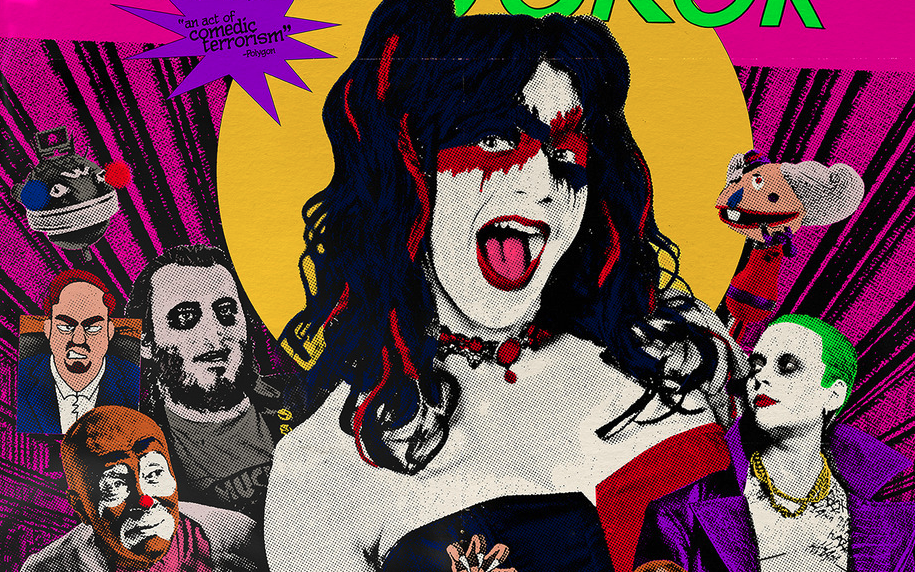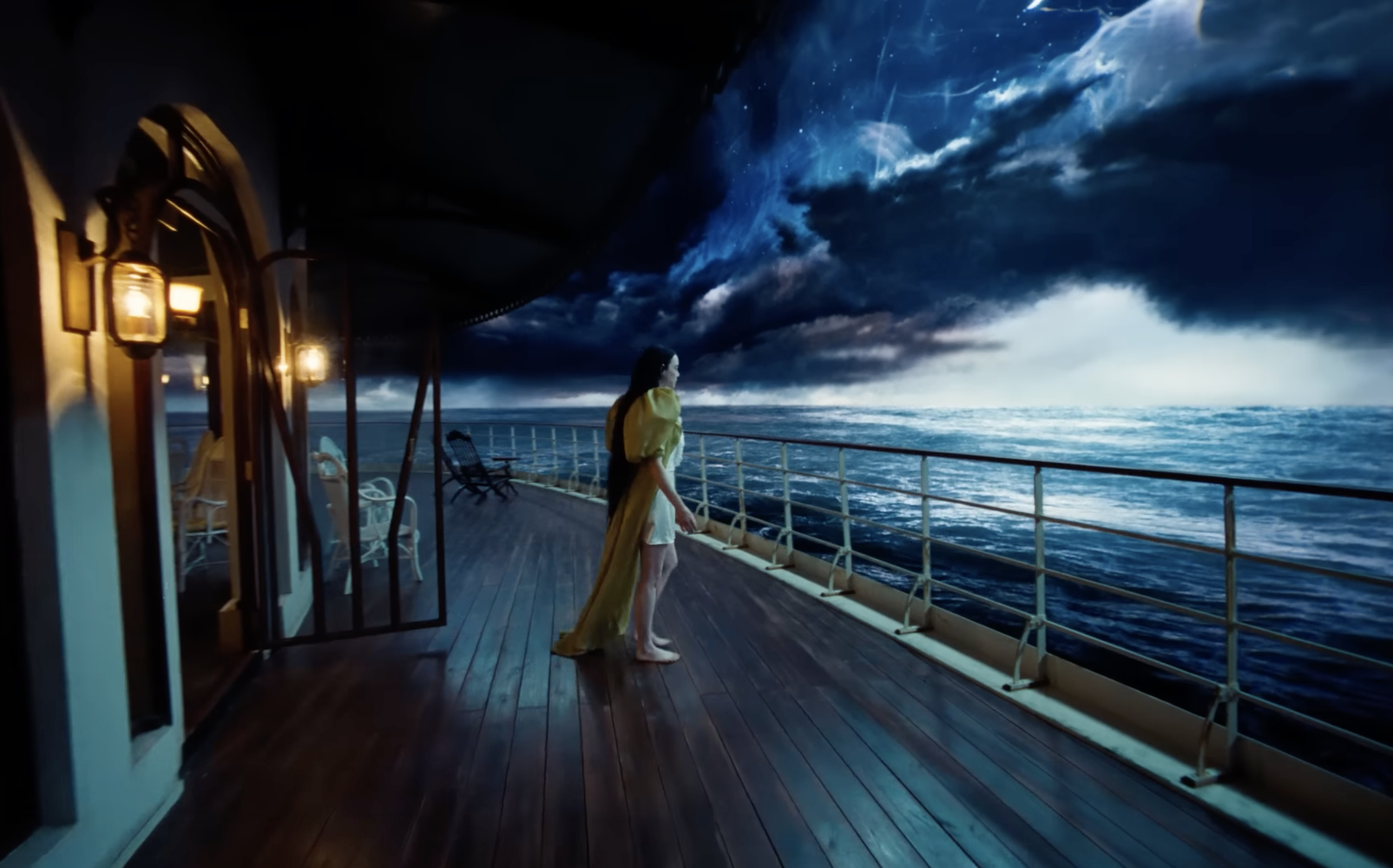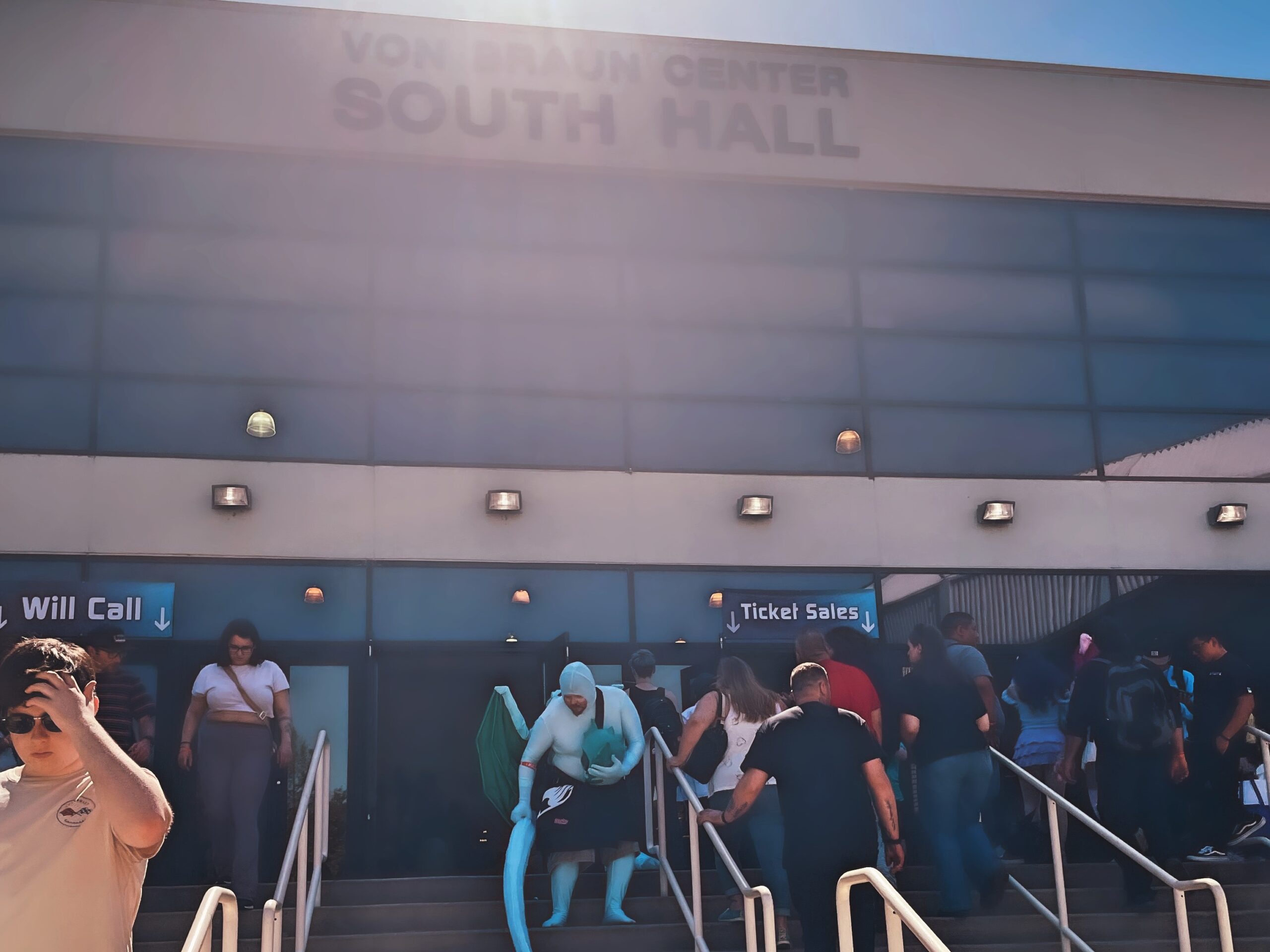
There was a time when the term “radical” could be applied to certain films and filmmakers that broke the mold of what the medium could be and what audiences expect, but over the last few decades there hasn’t been much made that I feel applies to the term. However, I think I can safely say that Vera Drew’s The People’s Joker is the most radical film I’ve seen in recent memory. It’s partially due to it taking one of the most prominent vehicles for Hollywood creative conformity, the comic book superhero blockbuster, and turning it into a scathing sociocultural satire on representation and identity. It’s partially due to its gleeful disregard for the rules of filmmaking in favor of a mixed-media aesthetic. However, it’s mostly due to the fact that its existence was, for a while, legally questionable. Initially a commissioned re-edit of Todd Phillips’ Joker, the film ballooned into a full-on autobiographical coming-of-age story that repurposes Batman and other DC universe characters. As some of you may be aware, Warner Bros. Discovery sent a strongly-worded letter right before the premiere that scuttled the remaining festival run and any distribution prospects. However, it has since seen multiple festival screenings and now has a theatrical release by a legitimate distributor. Was all of this worth it? Absolutely, because The People’s Joker must be seen to be believed.

Taking place in a Gotham City where comedy has been outlawed and the only approved content is available on “Queebso”, the film stars Vera Drew as Joker the Harlequin, who suppresses her true self from childhood to please her mother. When she isn’t taking Smylex to induce artificial happiness, she dreams of joining the cast of popular late night sketch show (and only legitimate source of comedy) UCB Live, alongside such comedy heavyweights as Ra’s Al Ghul (played by David Liebe Hart of Tim and Eric Awesome Show fame). When her dreams of joining the show take a downward turn, she starts an underground “anti-comedy” club with the help of The Penguin, and starts a relationship with fellow trans comic Mr. J (and the J doesn’t stand for what you think it does). Joker the Harlequin soon finds herself through her outlaw anti-comedy, hoping to liberate the city’s entertainment and getting the attention of a certain caped crusader.

Is The People’s Joker fair-use? In my opinion, absolutely. This is unmistakably a parody, and one that is borne out of love for the DC universe. The film is loaded with blink-and-you’ll miss it references to Batman lore, while characters are given their own twisted re-imaginings. (Perry White, for instance, is turned into an Alex Jones type, voiced by Tim Heidecker.) Nothing here feels done out of spite, and you’ll probably want to watch this more than once to catch all the references.
Yet at the same time, it’s also an unflinchingly frank autobiography of Vera’s realization of her identity as a trans woman. She’s really poured her heart into what could’ve been a standard parody film, and while there’s plenty of comedy in The People’s Joker, the laughs stop at several points in the film in favor of legitimate drama. Things get pretty heavy, delving into traumatic childhood memories, social conformity, and abusive relationships through the lens of comic book lore. It’s really what elevates this movie from a simple spoof, and also a big argument in favor of this movie’s right to be shown. As far as any issues I had with the film, I felt some of it could’ve been handled better, like the ending. However, these are mainly minor qualms and I really enjoyed this overall.

Fittingly for a movie inspired by the titular villain, The People’s Joker is an utterly anarchic work of filmmaking. A number of the supporting characters are animated in various art styles, from cartoony 2D to low-rent 3D. Characters break the fourth wall with abandon. Green-screen backgrounds are used unapologetically, and live-action actors are periodically replaced with cartoon characters or action figures. (It should be noted that Drew was an editor and director for a number of projects by Adult Swim, and it shows.) The entire work also wears its DIY nature on its sleeve, and while a number of notable names have supporting roles or cameos, it’s still very much a community effort among many independent artists.
You really haven’t seen a parody film like The People’s Joker, and it’s a miracle that the film was even released. Combining the most loving elements of fan films with searing personal experience, the end result is hilarious and heartwrenching in equal measure. It’s a fierce salute to both comic book movies and nonconformity. Hopefully the publicity over the film’s journey to theaters will give the film an added boost, and I can’t wait to see what Drew does next.




Leave A Reply